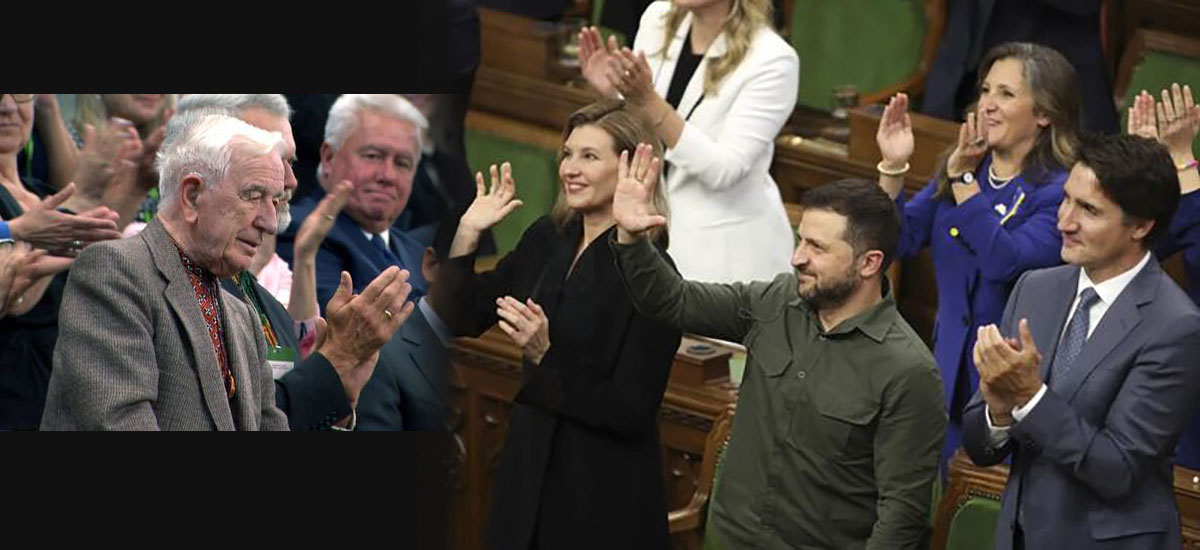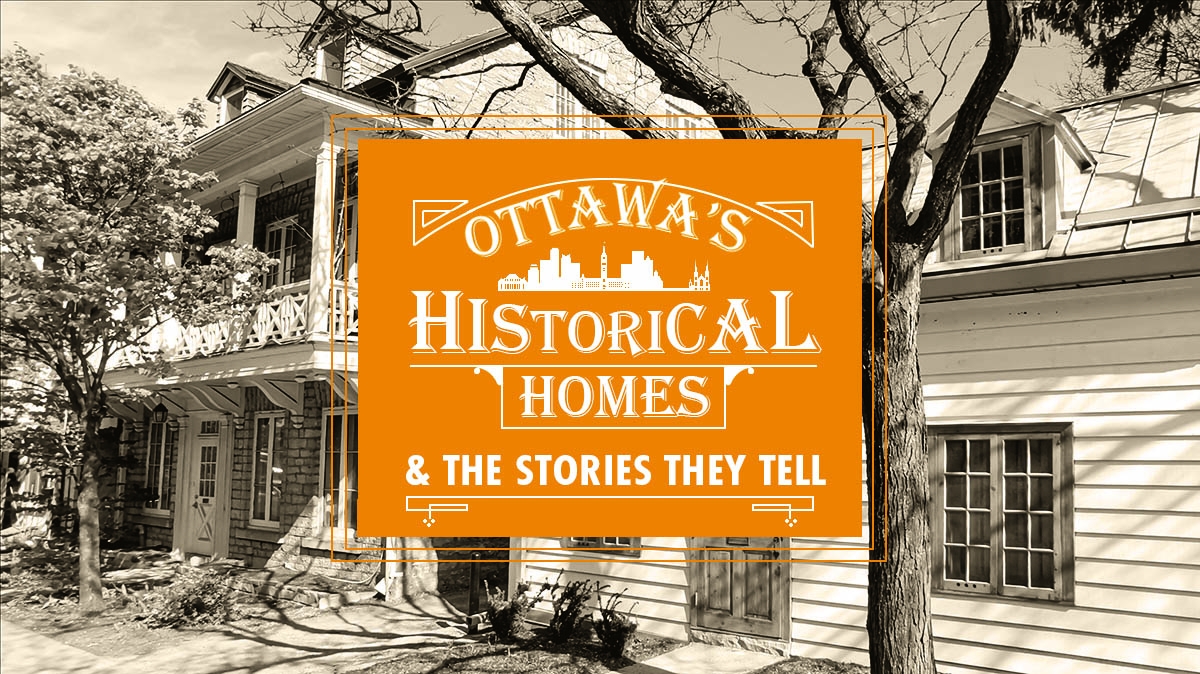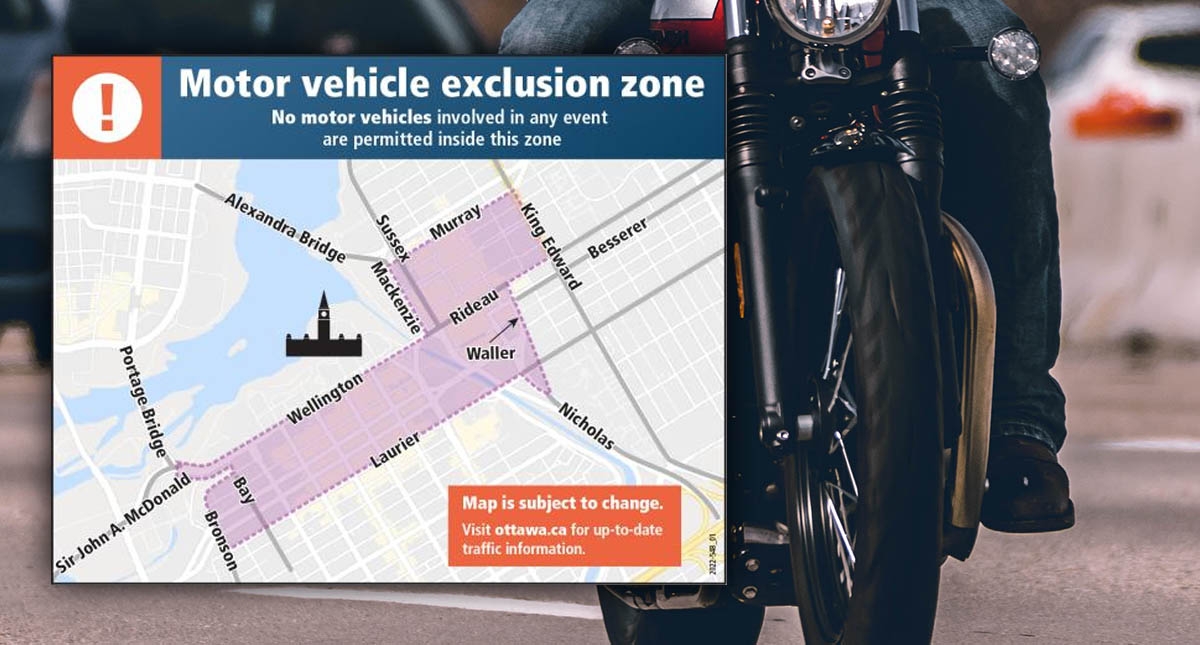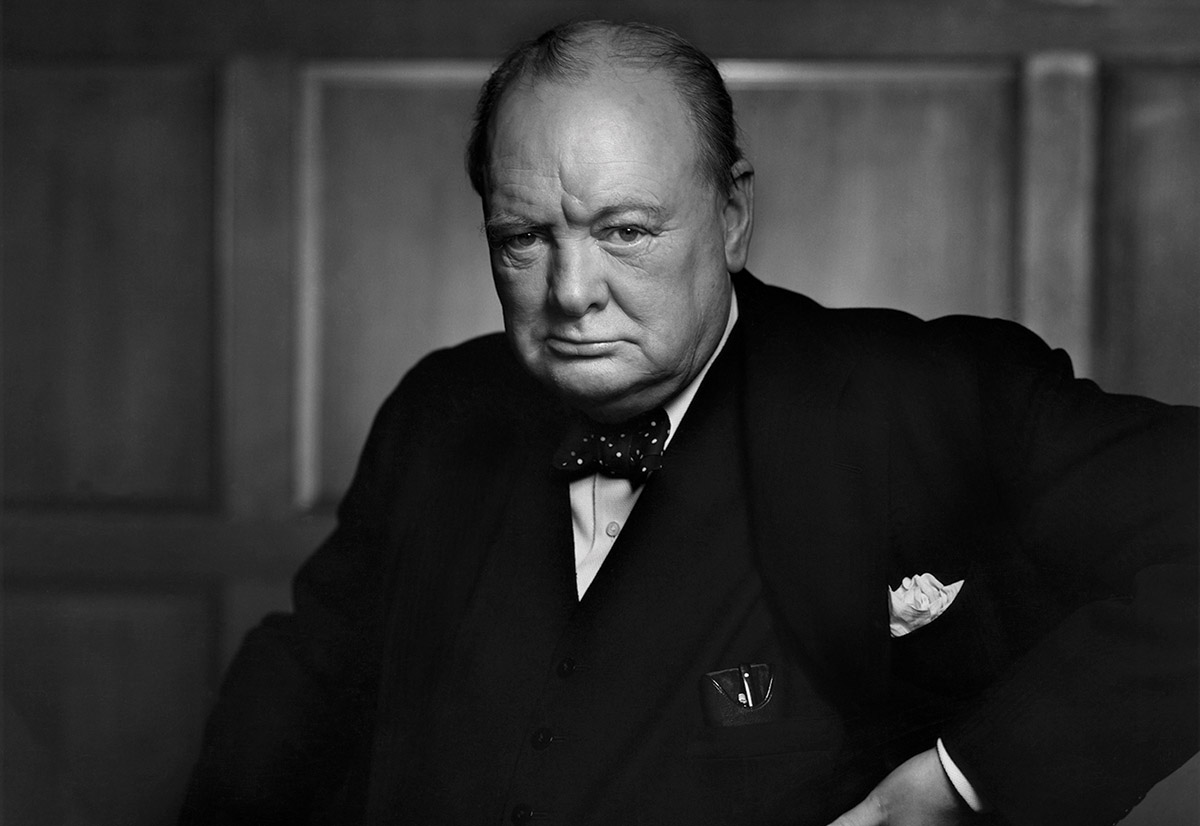
Advocacy Groups Call for Release of Nazi Report Following Parliament Scandal
On September 22, 2023, Ukrainian President Volodymyr Zelensky addressed the Canadian Parliament. It should have been a moment for the president of the embattled country fighting a Russian invasion, but attention quickly gravitated to a 98-year-old “veteran who fought the Russians for an independent Ukraine.”
Deputy Prime Minister Chyrstia Freeland smiled ear to ear as the Canadian Parliament collectively stood and applauded Yaroslav Hunka at the behest of the speaker of the House of Commons and the Liberal Caucus. In what is best described as an international embarrassment for Canada, it was revealed that Hunka is a veteran of the 14th Waffen SS Division Galician, a volunteer unit of Ukrainians who served the war aims of the Nazis and swore allegiance to Hitler personally as SS members did.
In his recent article, Canada’s descent into ignorance shocks the world, political commentator Douglas Murray writes, “If you were fighting the Soviets in Ukraine in the 1940s, you were most likely fighting with the Nazis. It does not require a fine-tuned expert in the era to know this. Almost anybody could have guessed this. If almost anyone knew anything.”
Hunka was not a conscript. He was a volunteer in one of the most barbaric organizations in history. The 14th SS actively partook in the ethnic cleansing of Poles and the mass murder of Jews in the Western Ukraine and Polish border area. Hunka’s presence has unlocked more questions that have answers about Nazis in Canada.
Jewish Advocacy group B’nai Brith Canada is renewing its call for the federal government to release the complete and unredacted 1985-1986 Deschênes Commission of Inquiry on War Criminals in Canada — the report on Nazis who immigrated to Canada after World War II — and all other classified Holocaust-related records. The report examined the history of war criminals in Canada; however, despite being nearly forty years old, much of the information is still redacted.
With the Hunka scandal, B’nai Brith believes it is necessary, and the time has come to release the information in its unredacted form. Many Canadians do not know how many Nazi war criminals came to Canada in the aftermath of the Second World War, and given that many foreign volunteers in the Waffen SS and other German collaborationist Nazi groups escaped justice as refugees, the number is likely higher than Canadians have been led to believe.
An article by The Forward claims 2,000 Ukrainian 14th SS members alone settled in Canada. The stereotype is that of Nazis living in fear of the Israeli Mossad in Latin America (after the governments of Juan Peron of Argentina and Alfredo Stroessner of Paraguay took them in), but perhaps more chillingly for Canada’s Jewish community, Hunka and his SS comrades have lived comfortably in Canada and openly posted about their time in the Waffen SS.
Hunka described the period as one of the best in his life and also compared the scattered veterans of his unit to the Jewish diaspora in blog posts made in his name recalling his time during the war. It is of note that the 14th SS also has two monuments in Canada, one in Toronto and one in Edmonton.
It is a sordid saga for B’nai Brith’s League for Human Rights. Senior Legal Counsel David Matas has advocated for the complete redaction of the documents and access to information requests to have the documents unredacted and made public continue today. A whistleblower partially leaked one section of the redacted portion of the report. It stated that the Canadian government complied in assisting Nazi war criminals to settle in Canada after the Second World War.
In 1987, David Matas and his co-counsel Susan Charendoff published Justice delayed: Nazi war criminals in Canada, which “recounts the history of Canada’s laissez-faire approach to Nazi war criminals entering Canada up to the start of the Commission’s Inquiry.” The book,
“alleged Nazi war criminals in Canada have enjoyed a virtual safe haven from prosecution.” (Justice Delayed, supra note at 13)
Eighteen advocacy groups, including The Centre for Holocaust Education and Scholarship, the Council of Iranian Canadians, The Canadian Antisemitism Education Foundation, and the Montreal Holocaust Museum, are calling for the Deschênes Commission report to be released.
“How can we learn from the past if we don’t know what happened?” said B’nai Brith Canada’s Chief Executive Officer Michael Mostyn. “Now is the time for Canada to confront its past transgressions, and that starts with the public disclosure of our history regarding Nazi war criminals and establishing a public archive of Canada’s Holocaust records.”
Western governments during the Cold War era were known to have harboured other Nazis, some of them high-ranking. As long as there are living Nazis, there will be holocaust survivors or families of survivors who all deserve to know the truth.
The Yaroslav Hunka affair offers the Canadian government an opportunity to reveal the truth that has been hidden and learn from the mistakes of past governments.












